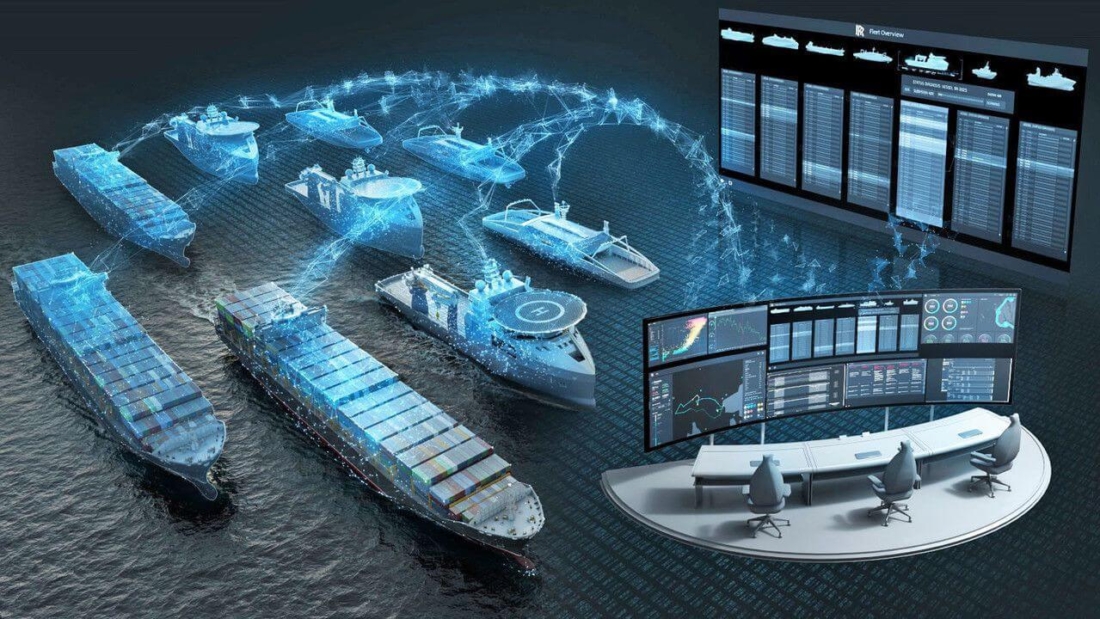Table of contents
The Purpose of ISO 13613
ISO 13613 focuses on ensuring that ships and marine technologies operate safely and efficiently while minimizing their environmental footprint. It provides guidelines and technical specifications for everything from ship design and construction to daily operations. Whether it’s risk management, emergency preparedness, or maintenance protocols, This standard offers a comprehensive framework to improve the performance of vessels and protect lives at sea.
Scope of ISO 13613
ISO 13613 covers a broad spectrum of marine technology and is applicable to various sectors within the industry. It is relevant to both commercial and non-commercial vessels, including cargo ships, passenger ships, fishing vessels, and naval ships. Moreover, the standard isn’t limited to ships but also includes offshore platforms, marine equipment, and supporting technologies.
The guidelines outlined in This standard provide a holistic approach, from the design and construction phases to operational best practices. This ensures that vessels not only meet the required technical specifications but also operate in a safe and environmentally conscious manner.
Key Features of ISO 13613
Structural Guidelines
The standard emphasizes structural integrity, ensuring that ships are built to withstand the pressures of marine environments. It covers material selection, engineering requirements, and durability assessments, all essential for the longevity and safety of a vessel.
Operational Procedures
ISO 13613 standardizes operational procedures across various types of ships, offering guidelines on navigation, cargo handling, and communication protocols. This ensures consistency in ship operations and improves overall efficiency.
Risk Management
A critical aspect of ISO 13613 is its focus on risk management. The standard mandates the identification of potential hazards, including those related to weather, mechanical failures, and human errors. Ships must have systems in place to mitigate these risks, which includes emergency protocols and the installation of safety equipment.
Who Should Comply with ISO 13613?
ISO 13613 is not limited to shipbuilders; it applies to a range of professionals in the maritime industry:
- Shipbuilders: Need to follow these standards to ensure structural integrity and regulatory compliance during the construction process.
- Marine Engineers: Responsible for ensuring that engineering solutions align with ISO 13613’s guidelines for efficiency and safety.
- Ship Operators and Maintenance Teams: Must adhere to the operational and maintenance protocols outlined in the standard to keep vessels in optimal condition.
Safety and Performance Standards
ISO 13613 is geared towards improving both the safety and performance of ships. It does this by offering technical guidelines for equipment, machinery, and system performance that contribute to the safety of the crew, cargo, and vessel itself.
Enhancing Operational Safety
The safety provisions in the standard help reduce risks of accidents by improving navigation systems, communication technologies, and emergency procedures. This ensures a safer working environment for seafarers, minimizing the likelihood of injuries and fatalities.
Streamlining Ship Performance
Operational efficiency is another area ISO 13613 focuses on. From energy usage to fuel efficiency, the standard provides methods for reducing operational costs while maximizing productivity. This also indirectly contributes to environmental sustainability by lowering emissions and resource consumption.
Environmental Considerations
ISO 13613 promotes eco-friendly practices, aiming to reduce the marine industry’s impact on the environment. This includes:
- Pollution Control: Ships are required to implement waste management systems that prevent the discharge of harmful substances into the ocean. This covers oil spills, chemical leaks, and the treatment of sewage.
- Energy Efficiency: The standard encourages the use of energy-efficient engines and alternative fuel sources to reduce the carbon footprint of maritime operations.
Conclusion
In conclusion, ISO 13613 is an indispensable standard for the marine industry. Its comprehensive guidelines improve ship safety, performance, and environmental sustainability, while also ensuring compliance with global regulations. Whether you’re involved in shipbuilding, operation, or maintenance, following ISO 13613 is essential for running a safe, efficient, and environmentally responsible marine operation.

